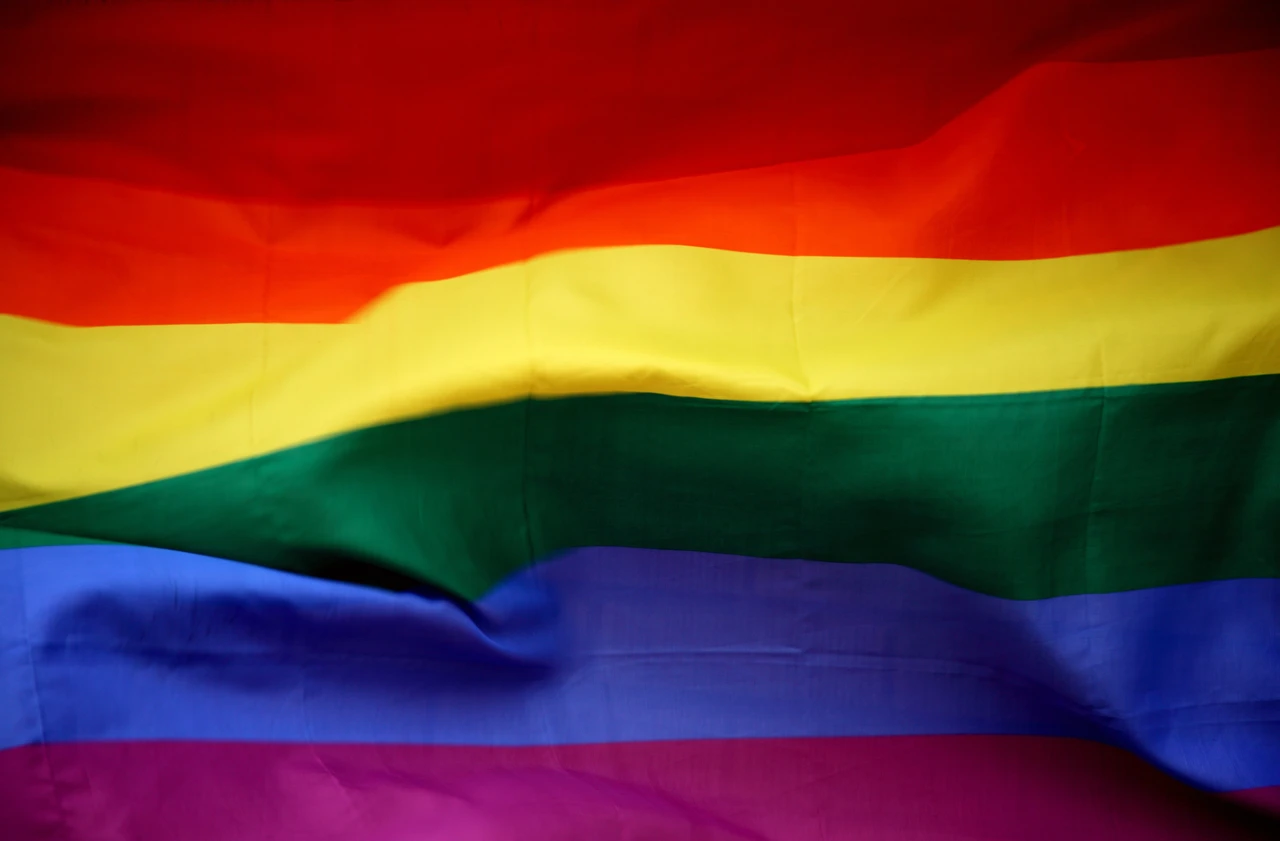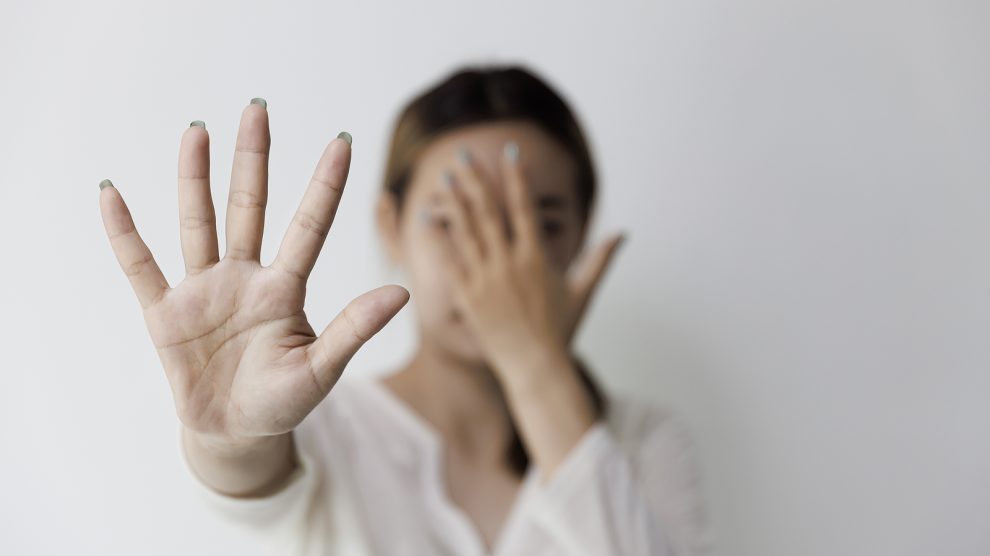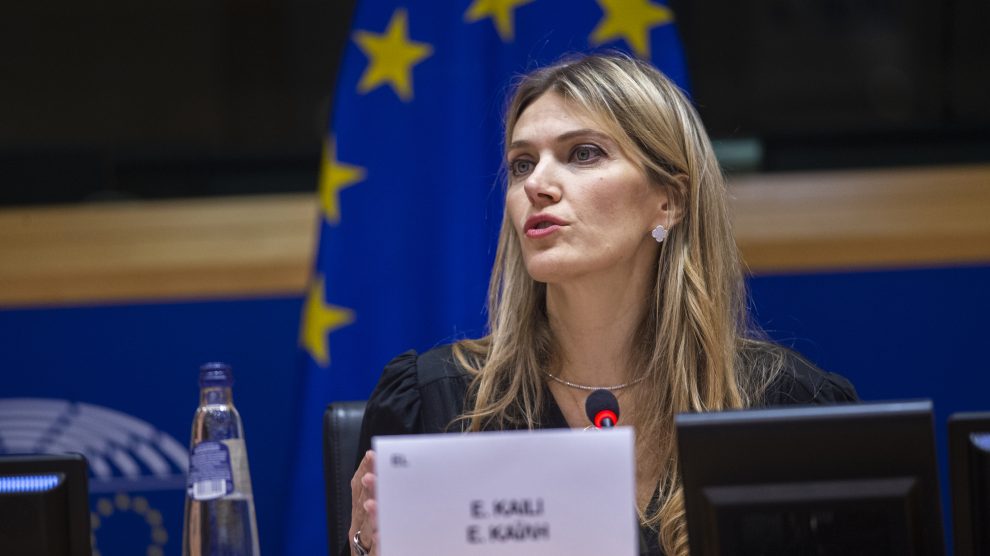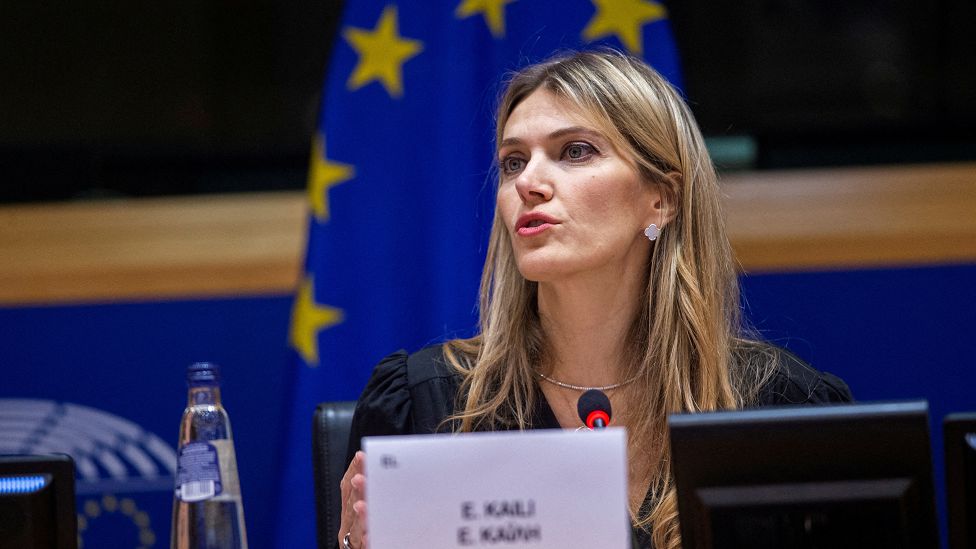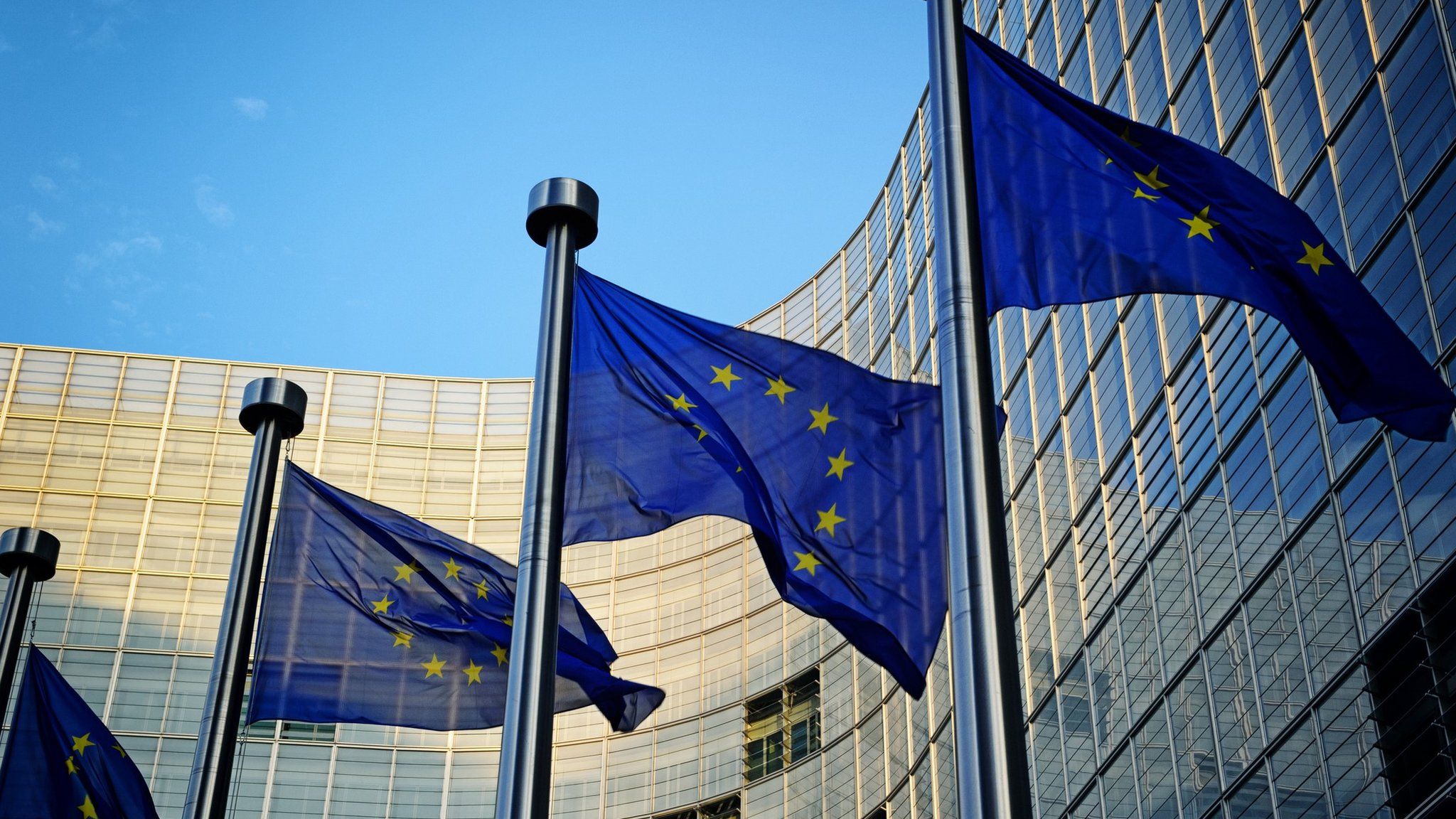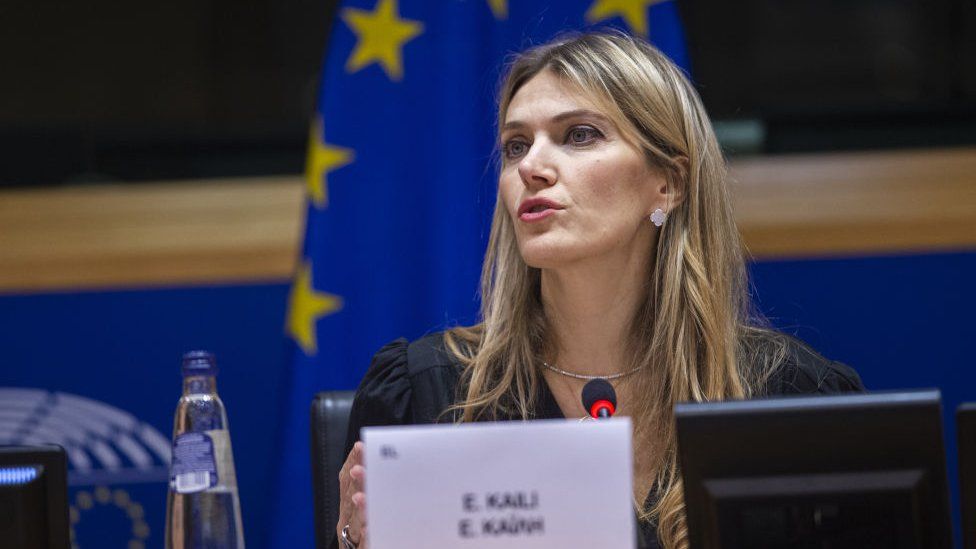A 13,000-year hangover! Beer boffins discover prehistoric pints in Israel
Scientists have found the ancestor of the yeast species necessary for the production of beer in Israel, dating back 13,000 years.
Scientists have discovered the ancestor of the yeast species necessary for the production of lager beer, uncovering evidence of fermented beverages from Israel from up to 13,000 years ago.
Modern brewing developed in Europe, where, until the Middle Ages, most beer brewing was associated with a yeast called Saccharomyces cerevisiae.
Today this species of yeast is still used to make ale-style beer, wine and bread.
However, most beer made nowadays is lager, not ale, and there is a lot of interest in understanding the historical shift from one to the other.
Lagers are fermented using a bottom fermenting yeast at cool temperatures, while ales are fermented with a top fermenting yeast at much warmer temperature.
Lager brewing, which first appeared in the 13th century in Bavaria, uses a different species of yeast, Saccharomyces pastorianus.
This is a hybrid of two parents, only one of which is S. cerevisiae.
Until 2011, the identity of the second parent was a mystery, when Saccharomyces eubayanus was discovered in the Patagonian Andes in South America.
Like S. pastorianus, S. eubayanus is cold-tolerant. While records show the first use of S. pastorianus was in breweries in southern Germany, the S. eubayanus parent was never found in Europe.
Instead, researchers have discovered the yeast in South America, North America, China, Tibet, and New Zealand.
This caused some researchers to wonder whether S. eubayanus had, in fact, ever been in Europe, and, if not, where the lager yeast S. pastorianus had come from.
But now researchers at University College Dublin discovered and isolated S. eubayanus in a wooded area of their campus.
The researchers isolated two different S. eubayanus strains from soil samples collected on the Belfield campus of University College Dublin, as part of undergraduate research projects to identify wild yeasts and sequence their genomes.
The samples come from soil on two sites on the university campus, about 17 metres apart, collected in September 2021.
According to the study, the genome sequences of these two isolates showed that they are related to the ancestral S. eubayanus strain that initially mated with S. cerevisiae to form S. pastorianus.
Researchers say the discovery of S. eubayanus in Ireland shows that this yeast is native to Europe and it seems likely that it has lived in other parts of the continent.
This new study supports the view that there were natural populations of the yeast in southern Germany in the Middle Ages and these provided the parents of the first lager yeast.
The paper’s lead author, Geraldine Butler, University College Dublin, said: “This discovery is a fantastic example of research-led teaching.
“Our undergraduates have found more than a hundred yeast species in Irish soil samples over the past five years, and we’re delighted to stumble across S. eubayanus on our own doorstep.
“We’re hoping to find a commercial partner to brew with it so we can find out what it tastes like.”
The research is published in FEMS Yeast Research.



.png)

